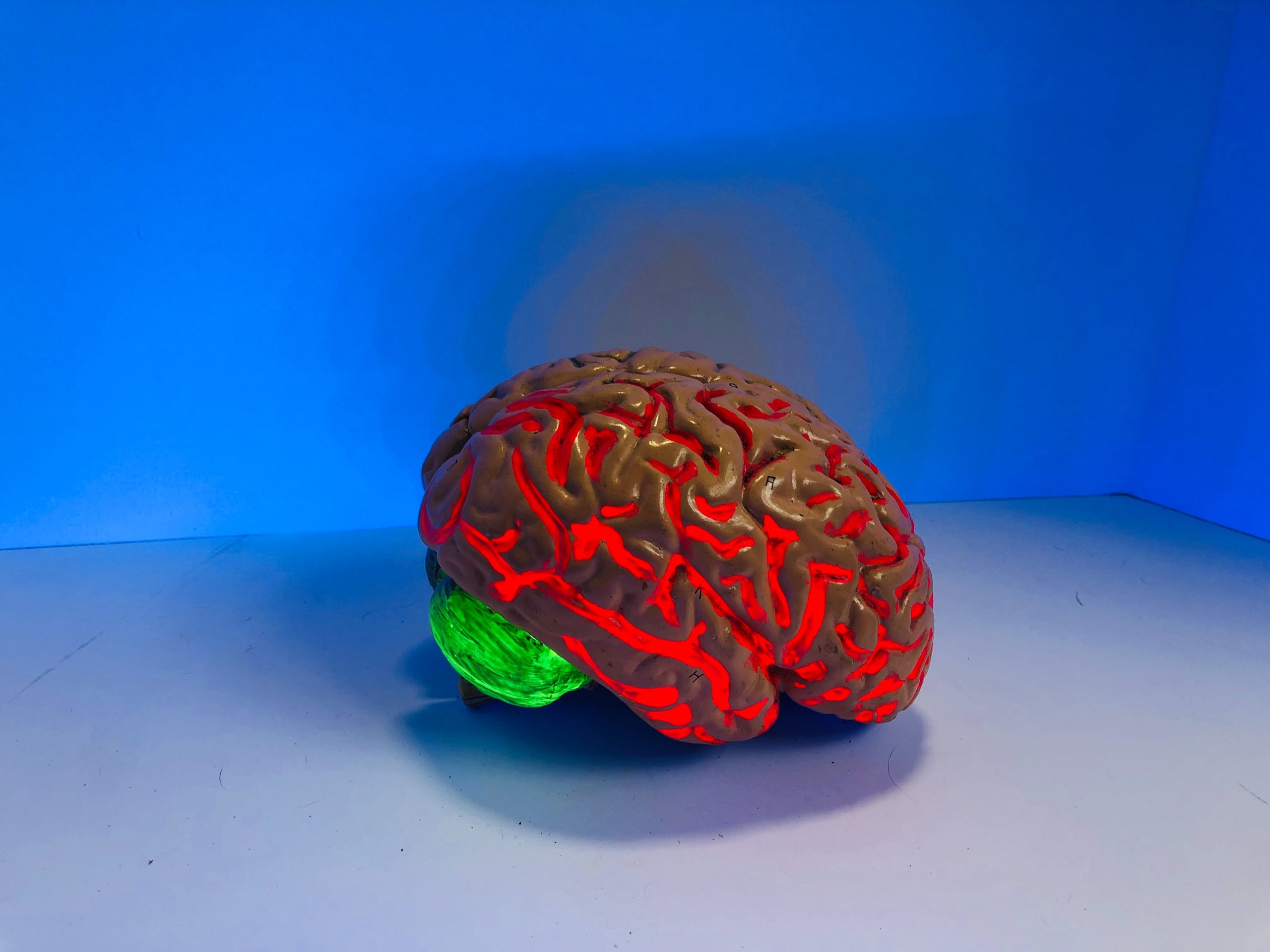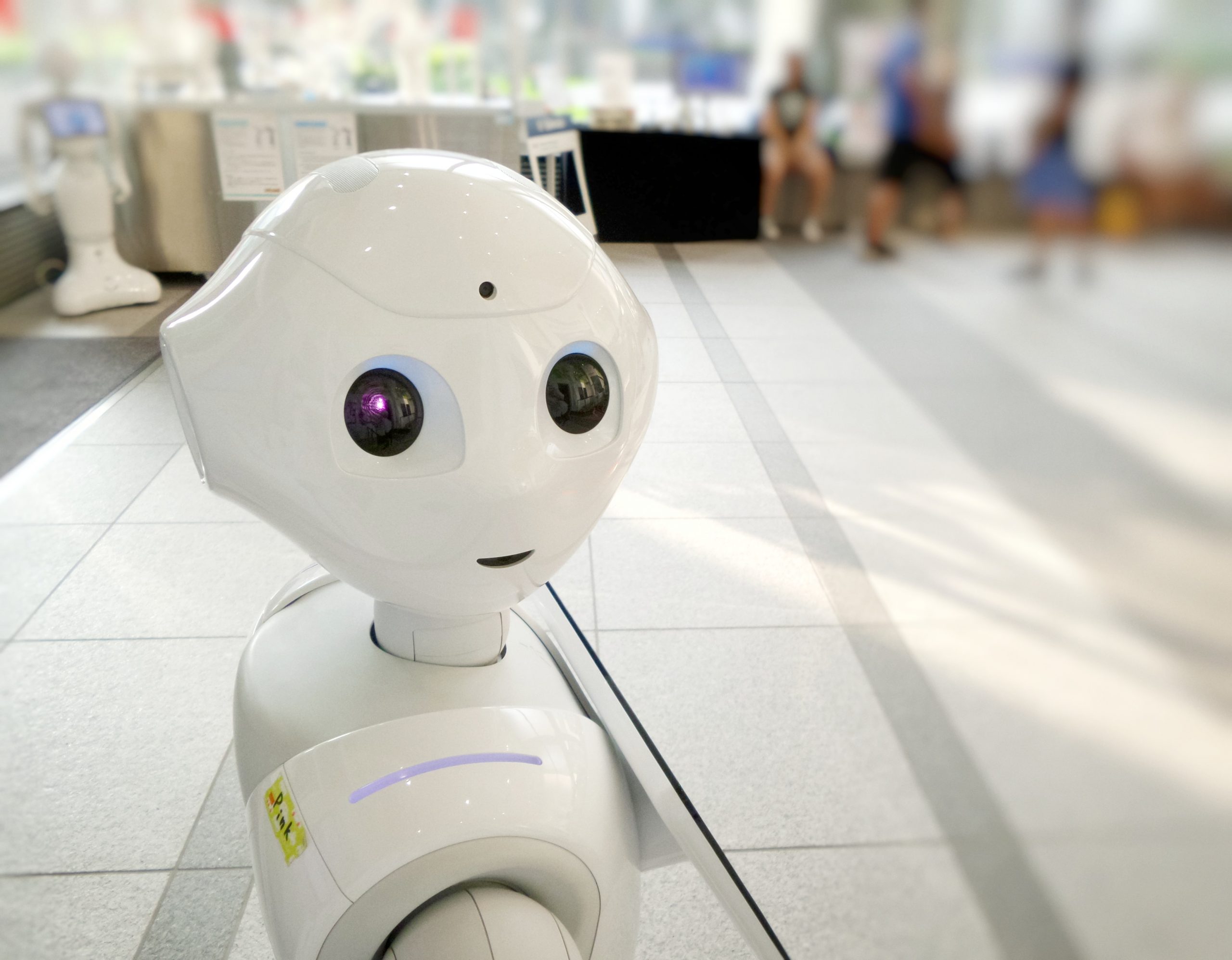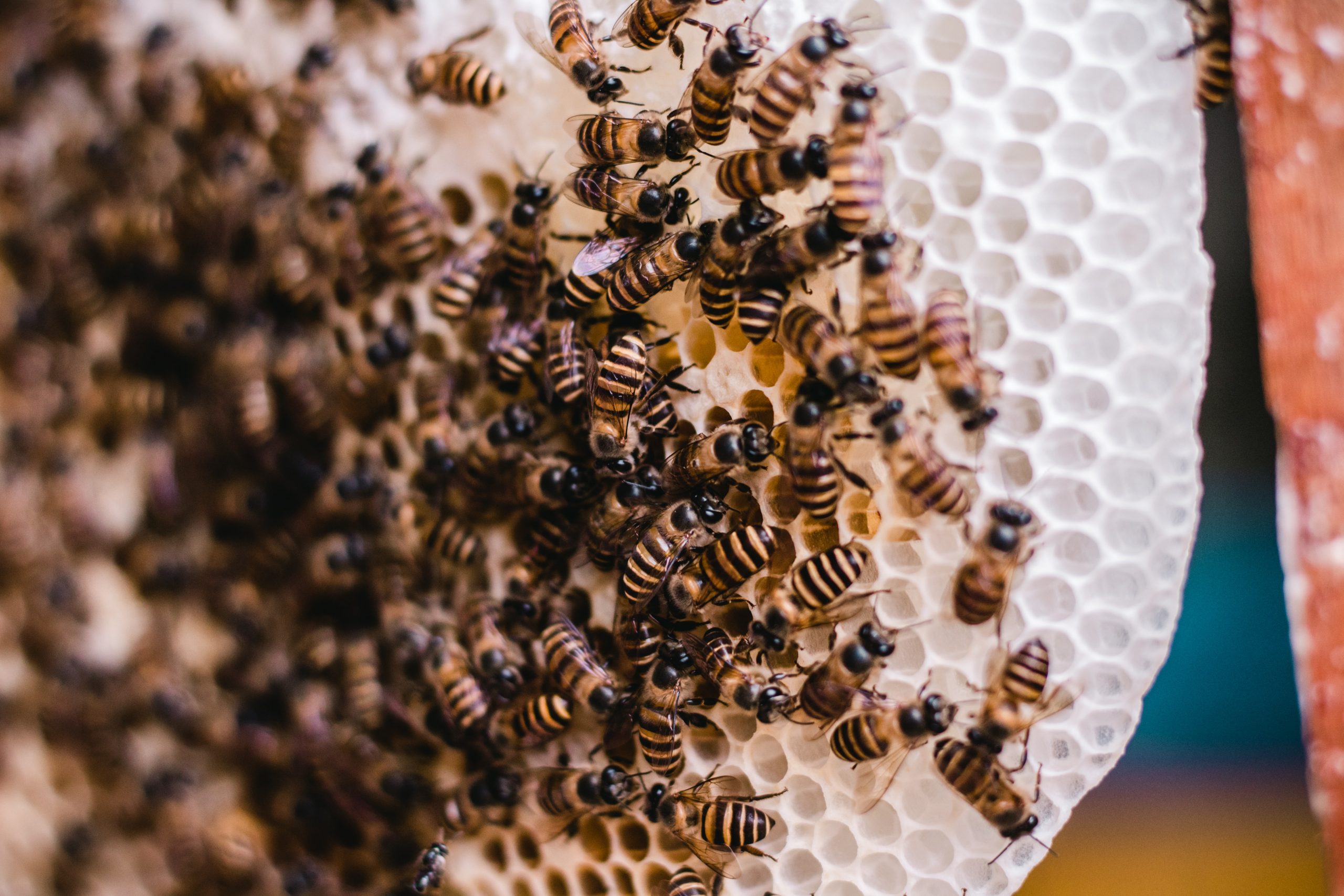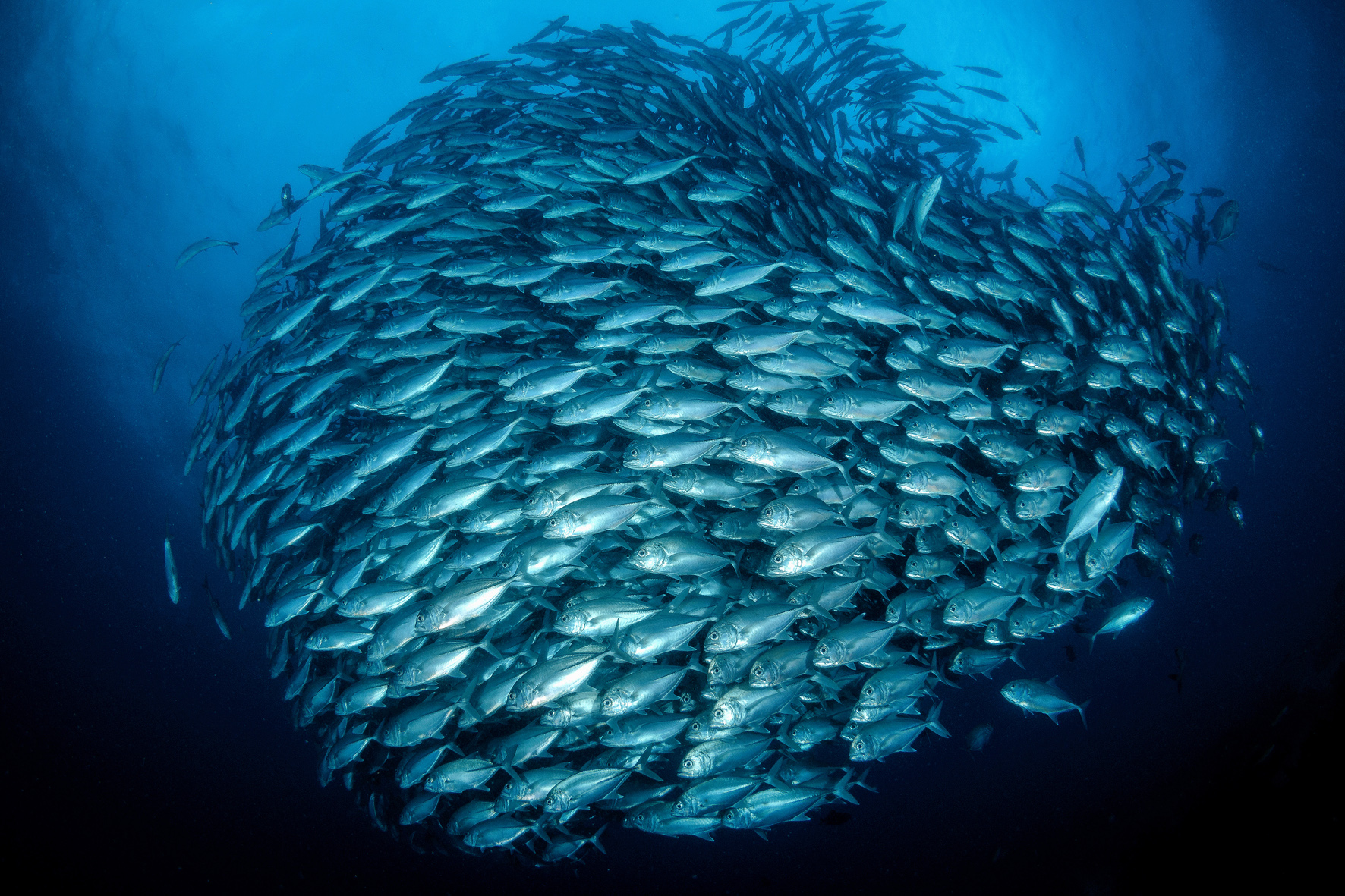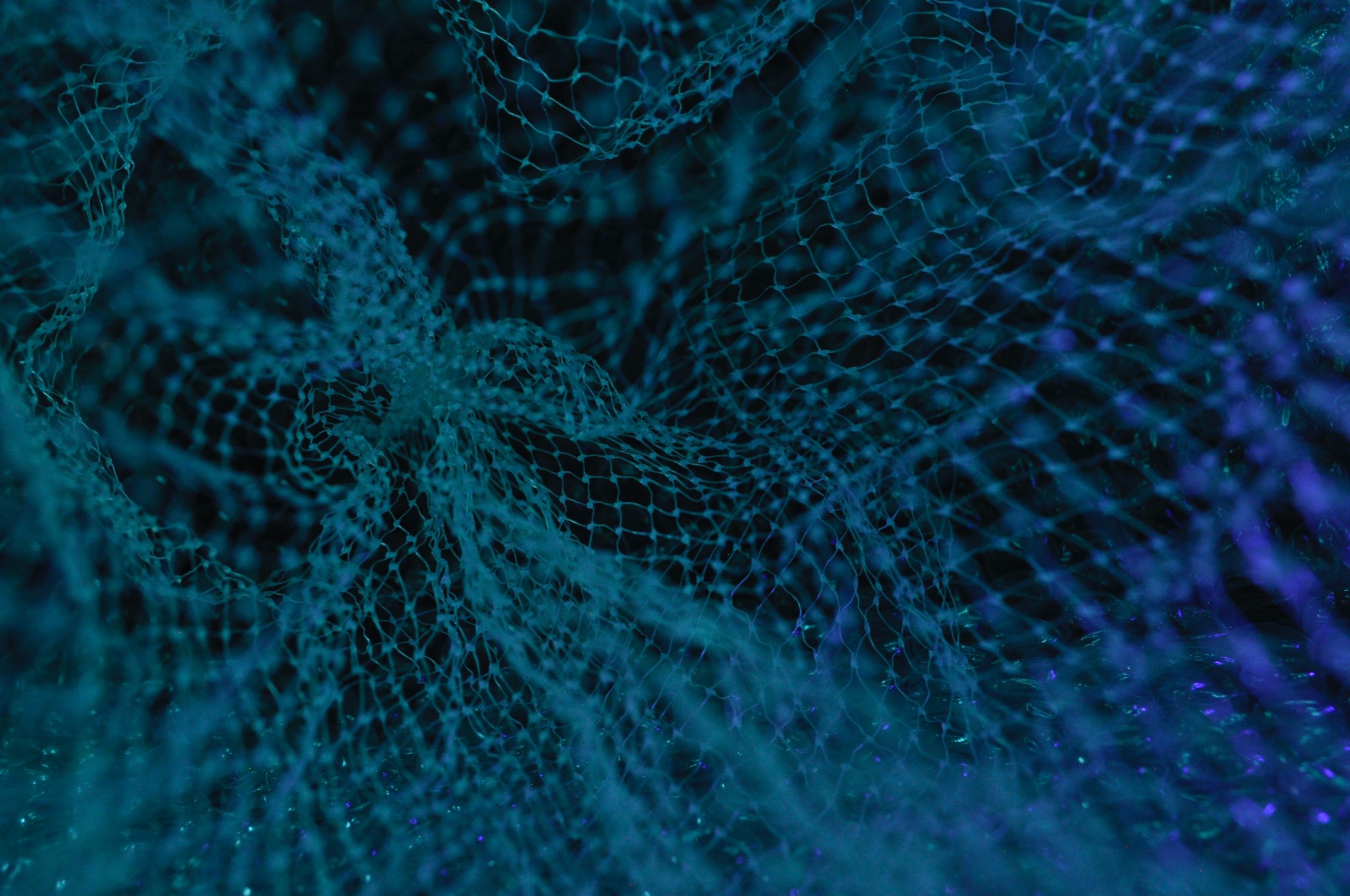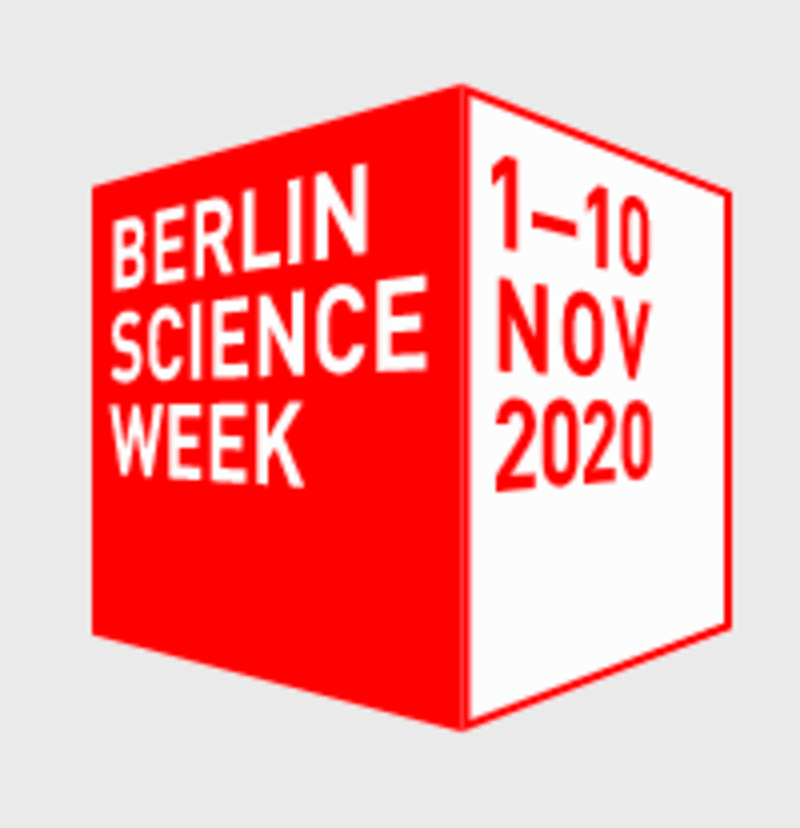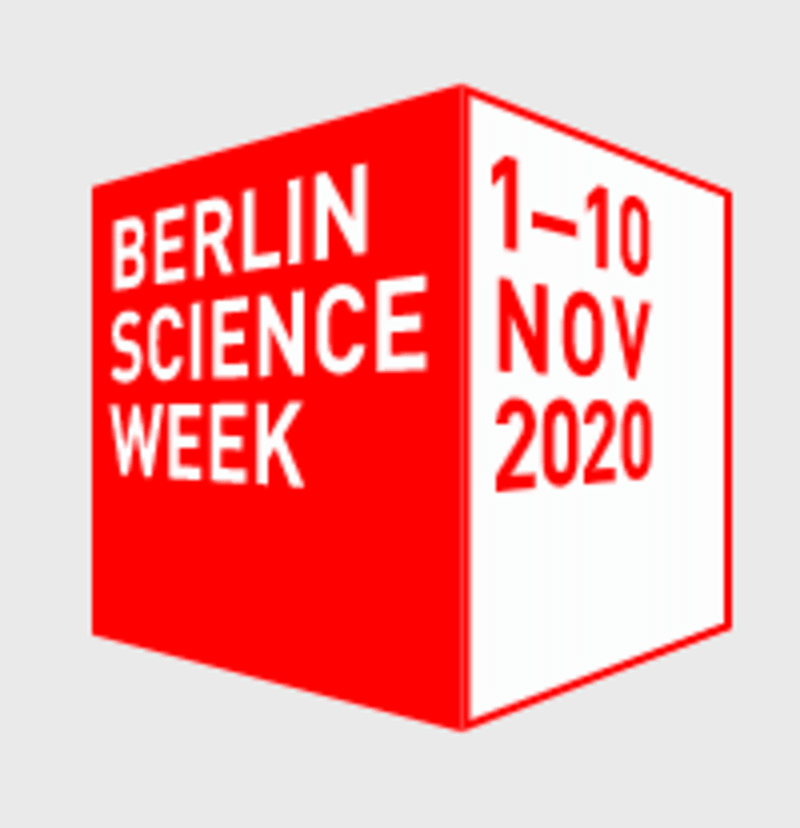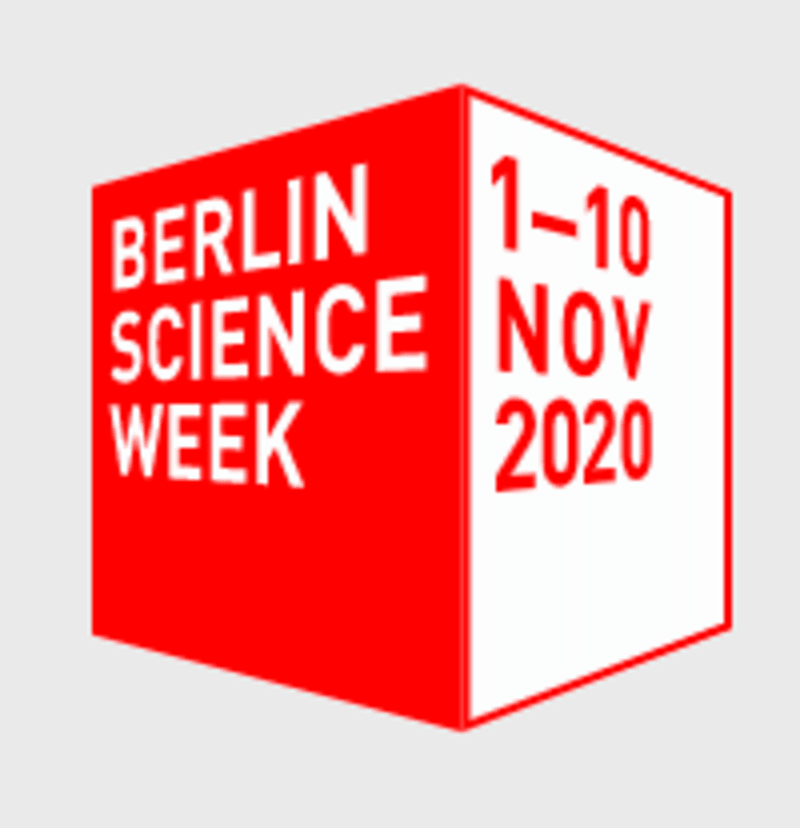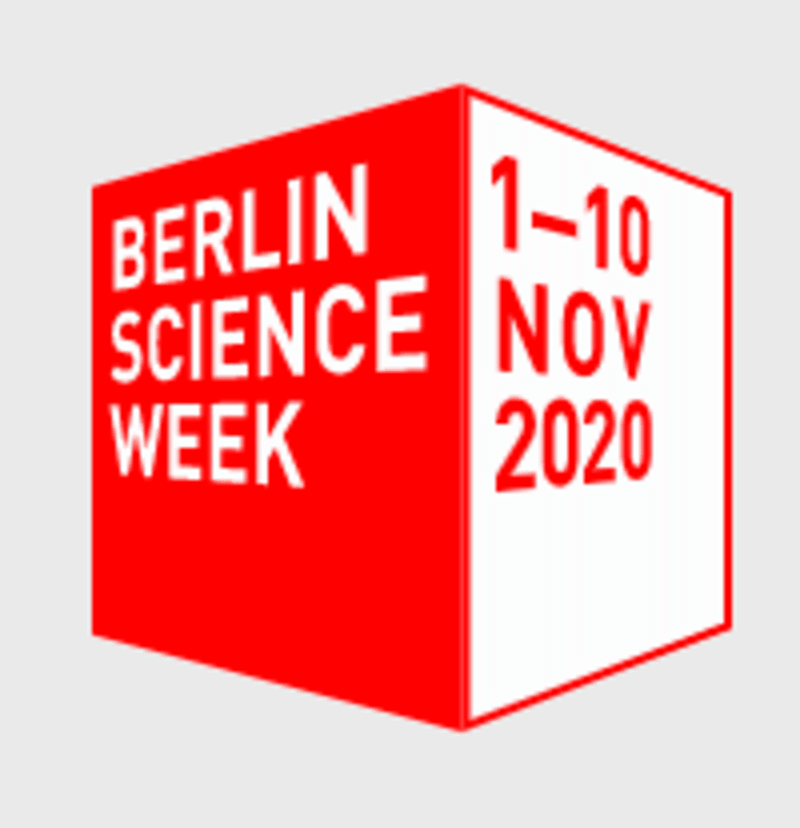Work-in-progress Talk: Dimitri Coelho Mollo (SCIoI) & Alfredo Vernazzani (Ruhr Universität Bochum): Saving Representational Formats: A computational theory
On ZOOM (Contact us for Link)Abstract Most cognitive sciences (including AI) appeal to representations in explaining (or trying to create) systems capable of cognition, and especially of complex, intelligent behaviour. In philosophy, considerable attention has been dedicated to the problem of explaining in scientifically-acceptable ways how representations come to represent what they do. In contrast, there has been much less
